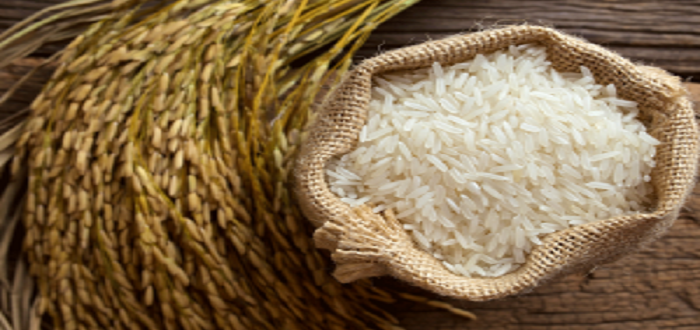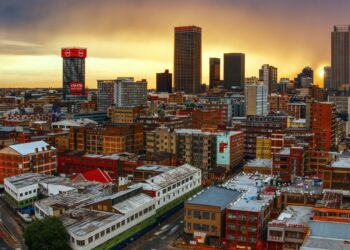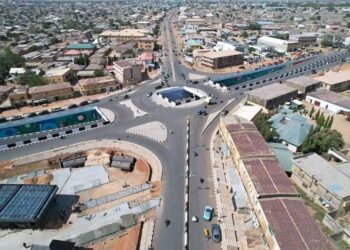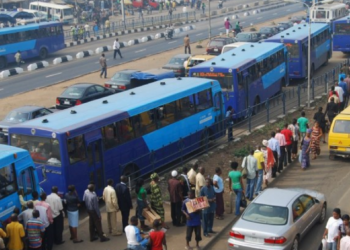The multi-billion Naira 32 Metric-Ton-per hour Rice Mill being constructed by the Lagos state government at Imota, has reached 80% completion and will be completed before the end of the year, the state government has announced.
Upon completion, the rice mill is expected to create no less than 250,000 jobs across the upstream and downstream sectors in the rice value chain.
According to Lagos State Commissioner for Agriculture, Prince Gbolahan Lawal, the government has moved this project to 80% from the 35% completion level it met in May 2019.
READ ALSO: Economy: Focus on Nigerian households’ consumption pattern
Lagos State Government has said that the multi-billion Naira, 32 Metric-Ton-per hour Rice Mill at Imota will be delivered on or before the end of this year@jidesanwoolu @lagosagric1 @Abi_Olusanya @unclejyde#LASG #ForAGreaterLagos
Read More.. https://t.co/5PmI2N4C7F pic.twitter.com/nTbMkz6Pzr— The Lagos State Govt (@followlasg) May 31, 2020
What this means
With an expected production capacity of about 2.4 million freshly processed 50kg bags of rice per annum, this mill will greatly reduce the need to import rice from surrounding states and countries.
According to Lawal, the food supply needs of Lagos state means that the state has to treat agriculture as both a business and a development platform to ensure that it is sustainable, attracts investments from strategic partners and addresses other problems in the state.
“The increasing population in Lagos has put pressure on the State’s food security, supply mechanism and available infrastructure, hence the need to prepare adequately to meet the challenges of upscaling food production cannot be over-emphasised,” he said.
The high rate of unemployment in Nigeria, coupled with the high loss of jobs expected in the wake of the COVID-19 pandemic makes this rice mill a strategic project for the times.
READ MORE: Debt Management Office opens N150 billion Sukuk bond today
Integrating local farmer groups
The local farmer groups in Lagos states and other nearby states will also be integrated into the mill operations when it commences, as they will help to cultivate the required number of paddy while the state government provides inputs such as seeds, fertilizers and irrigation facilities, where applicable.
In his words, “To meet the Paddy requirement of the Mill, we have undertaken a backward integration in the form of collaboration with other States like South-Western States, Kwara, Sokoto, Benue, Borno and Kebbi.
This will be done leveraging on the Anchor Borrower Scheme of the Central Bank of Nigeria with the Rice Mill as the off-taker of the products,” Lawal added.
This will help in no small way to enhance food security in Nigeria’s commercial city and ensure that the state can at least produce a quarter of what its residents require for consumption.


























Starch! starch!! What of the proteins.